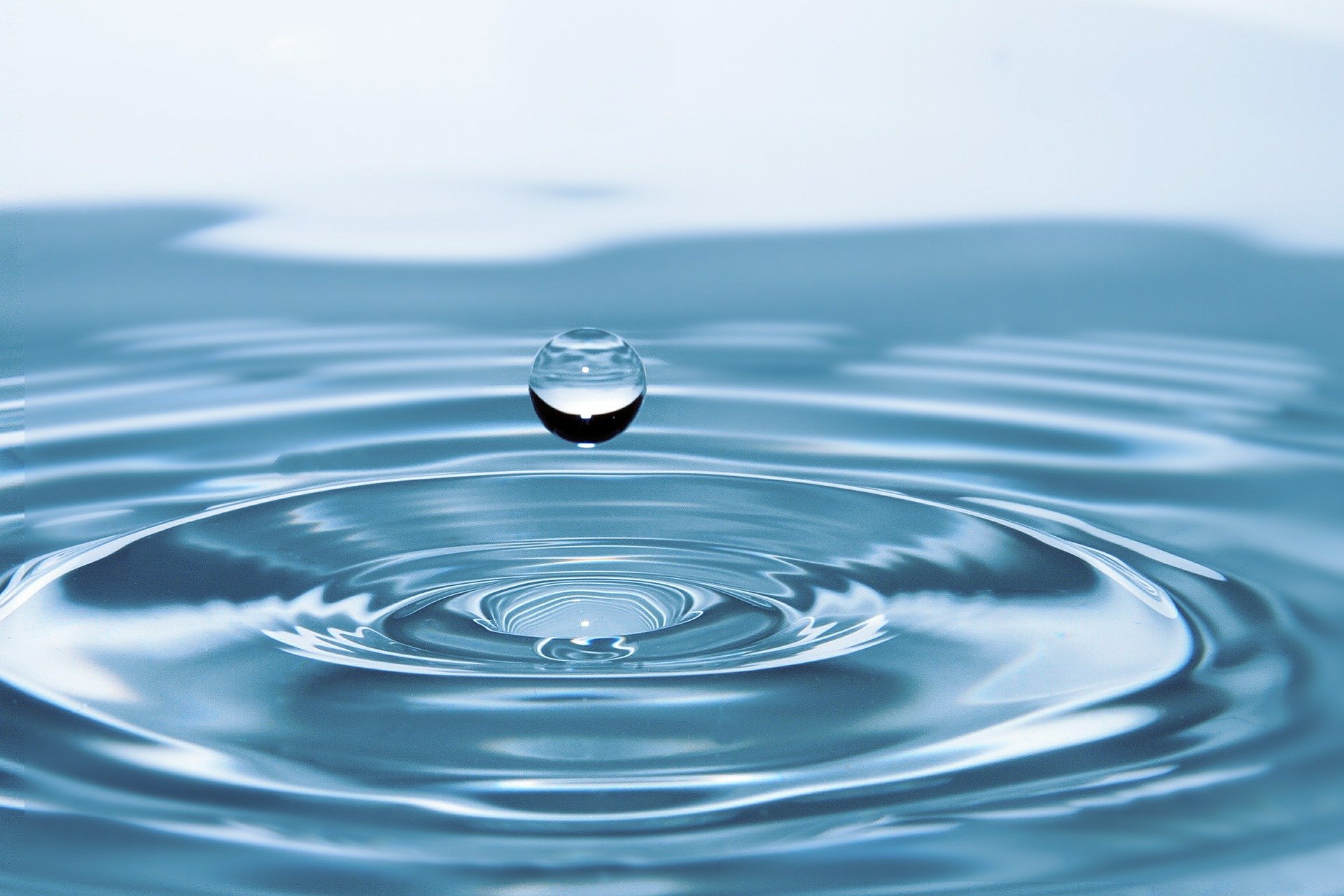Precision is key when selecting the right pump for specific applications, especially when dealing with fluids of varying viscosities. Understanding whether a fluid has a higher viscosity than water is crucial because viscosity impacts how the fluid flows and how the pump should handle it.
Viscosity, the measure of a fluid’s resistance to flow due to internal friction, plays a significant role in pump selection and performance. While high-viscosity fluids like honey and syrup pose specific challenges, low-viscosity fluids such as water, milk, and light oils flow easily, offering different advantages and challenges.
Challenges and Solutions in Pumping Low Viscosity Liquid
Challenges of working with low-viscosity fluids include:
- Liquid Slippage: Low-viscosity fluids can cause liquid slippage within the pump, reducing efficiency. This issue is addressed by selecting the right pump design, such as centrifugal pumps with specially engineered impellers that ensure efficient fluid transfer.
- Lubrication: Low-viscosity fluids often lack natural lubrication, increasing wear and tear on pump components. This can be mitigated by choosing pumps with self-lubricating bearings and appropriate materials to minimize friction and extend the pump’s lifespan.
Applications of Low-Viscosity Liquids
- Water Transfer: Centrifugal pumps are highly efficient for handling water, making them ideal for applications ranging from irrigation systems to industrial cooling processes.
- Chemical Dosing: Accurate dosing of low viscosity chemicals, such as diluted acids and bases, is essential in chemical processing to ensure precise mixing and reactions.
- Light Oil Handling: Industries like automotive and manufacturing rely on pumps to transfer light oils for lubrication and machining processes, ensuring smooth operation and efficiency.
- Alcohol-Based Products: Pumps are crucial for handling low viscosity alcohols in applications including cosmetics, pharmaceuticals, and sanitization products.
How Do Multistage Pumps Work?
Multistage pumps operate by passing fluid through multiple impellers in a sequential manner. After the pump is primed, the fluid enters the pump inlet at suction line pressure, flows through various stages, and exits at a higher pressure. Each impeller increases the fluid pressure, with the flow rate remaining constant for a given RPM.
Types of Multistage Pumps
Multistage pumps come in various configurations, with the most common being vertical and horizontal designs. They are used in different applications, including submersible/sump pumps, side channel pumps, horizontal split case pumps, vertical turbine pumps, and sanitary multistage pumps.
Benefits of Using Multistage Pumps
- Higher Pressure: Multistage pumps can deliver higher pressures due to multiple impellers increasing pressure at each stage.
- Efficiency: Smaller impellers with tight tolerances reduce leakage loss, enhancing efficiency.
- Space and Energy Savings: Multistage pumps require less floor space and motor horsepower, leading to higher performance and efficiency.
- Reduced Noise: Increased number of stages can lower noise levels compared to single-stage pumps.
Disadvantages of Multistage Pumps
- Complex Design: Multistage pumps have a complex design with numerous moving parts, making repairs and maintenance more expensive and technically demanding.
- Sensitivity to Solids: Tighter tolerances mean these pumps are unsuitable for fluids with solids, limiting their use to clean, low viscosity liquids.
- Vibration Sensitivity: The rotor of multistage pumps is more sensitive to external and natural vibrations due to multiple stages.
Multistage Pump Applications
Multistage pumps are versatile and find applications across various industries:
- High-Pressure Cleaning
- Irrigation Systems
- Reverse Osmosis (RO) Systems
- Fuel Delivery
- Oil and Gas Production
- Mining Operations
- Boiler Feed Pumps in Power Plants
- Firefighting Water Pressure
- Snowmaking in Resorts
Grundfos CR Series: Optimizing Low Viscosity Liquid Handling
Grundfos CR 32 vertical multistage pumps are part of the CR series, designed for high-flow, high-pressure applications involving clean, low-viscosity fluids. Known for their reliability, these pumps are ideal for pressure boosting, boiler feeding, washing systems, water supply, and water treatment systems. Their robust construction and advanced features make them suitable for various industrial applications requiring efficient and consistent fluid transfer.
When dealing with low-viscosity fluids, inline multistage pumps, particularly the Grundfos CR series, offer reliable and efficient solutions. Understanding the specific requirements of your application and the characteristics of the fluid being pumped is crucial for optimal pump selection and performance. By leveraging the advanced design and capabilities of multistage pumps, industries can achieve greater efficiency, reliability, and cost-effectiveness in their operations.
IPE and Our Partnership with Grundfos
Illinois Process Equipment (IPE) is proud to partner with Grundfos, the world’s leading pump manufacturer, to deliver top-quality pumping solutions across various industries. Our collaboration with Grundfos goes beyond providing exceptional products; it includes a shared commitment to sustainability. Through our sustainability partnership, we are pioneering innovative solutions that not only meet the highest standards of efficiency and reliability but also contribute to a more sustainable future. Together, we focus on reducing environmental impact and enhancing the efficiency of industrial processes, ensuring that our clients receive cutting-edge technology and sustainable practices.
IPE offers comprehensive solutions tailored to optimize your pumping process for fluids of all viscosities. Our team of experts is ready to assist with everything from pump selection to installation and maintenance. Contact us today to learn how we can enhance the efficiency and reliability of your process operations.



